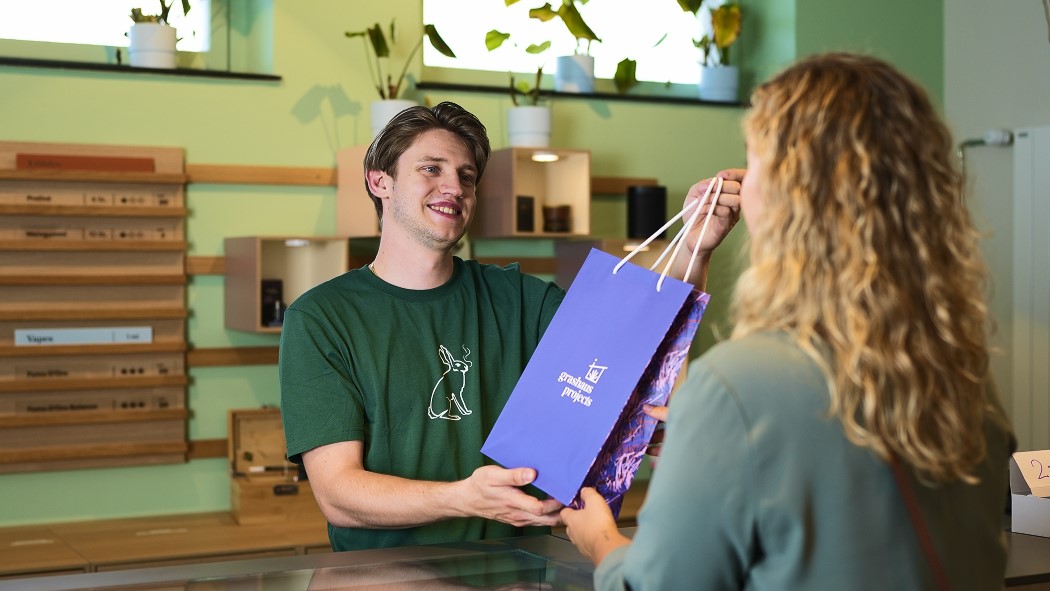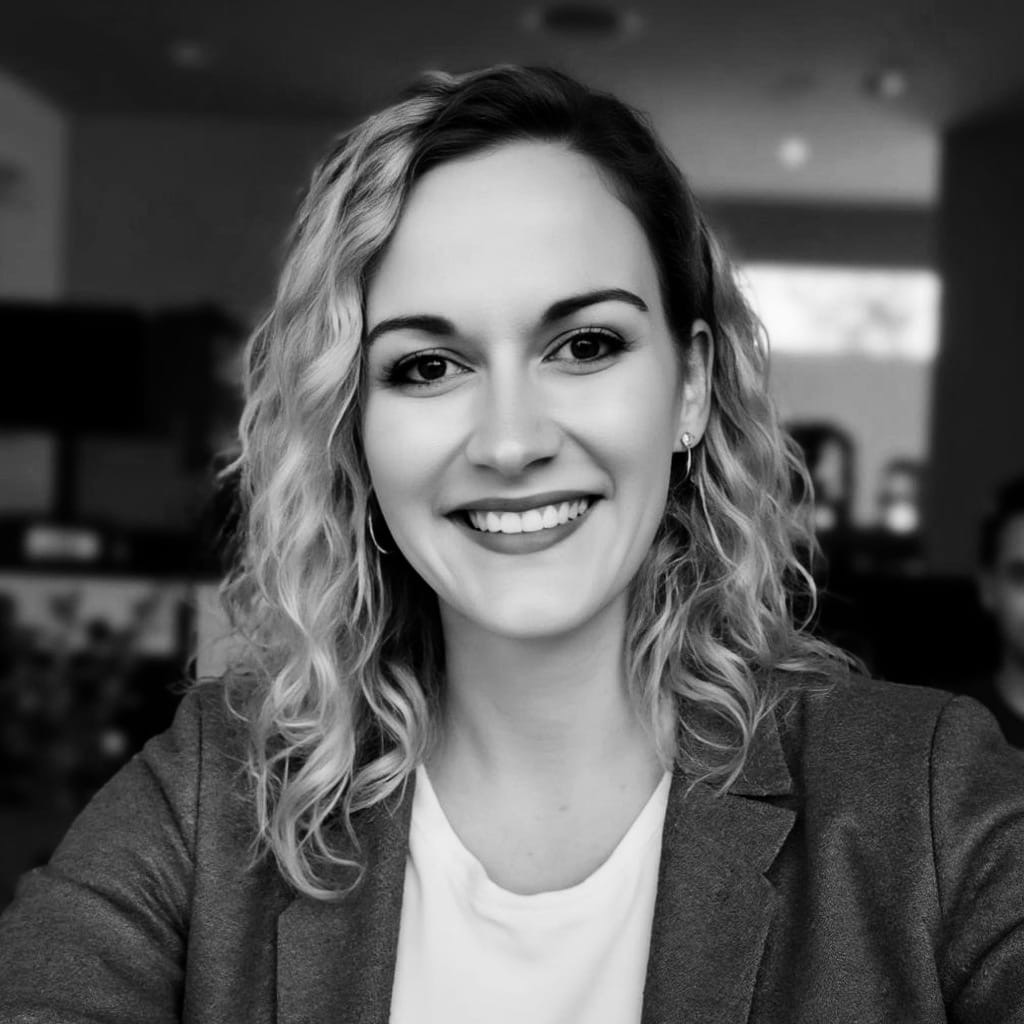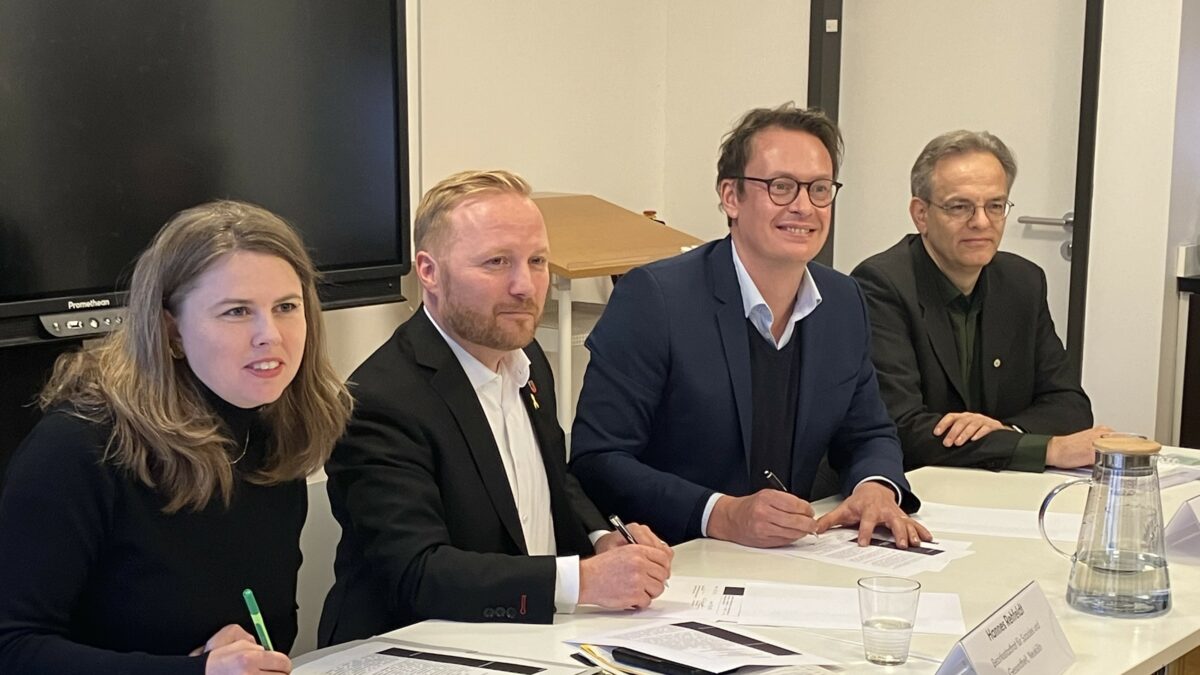One of the most compelling results after two years concerns the potential displacement of the illicit market. Among the more than 1,600 current study participants, parallel sourcing of cannabis from other channels has declined significantly. Whereas before entering the study cannabis was obtained from the illicit market on an average of about 20 days per month, this figure has roughly halved over the course of participation. At the same time, many participants now rely exclusively or predominantly on the legally supplied study products from the specialty stores – sometimes even involving longer travel times, despite other sources being easier for many to access. “This development is highly relevant from the perspective of health and consumer protection,” says Prof. Dr. Michael Schaub, Scientific Director at ISGF and head of the study. “It suggests that consumers are willing to leave the illicit market when they have access to quality-tested products from controlled sources and to reliable information.”
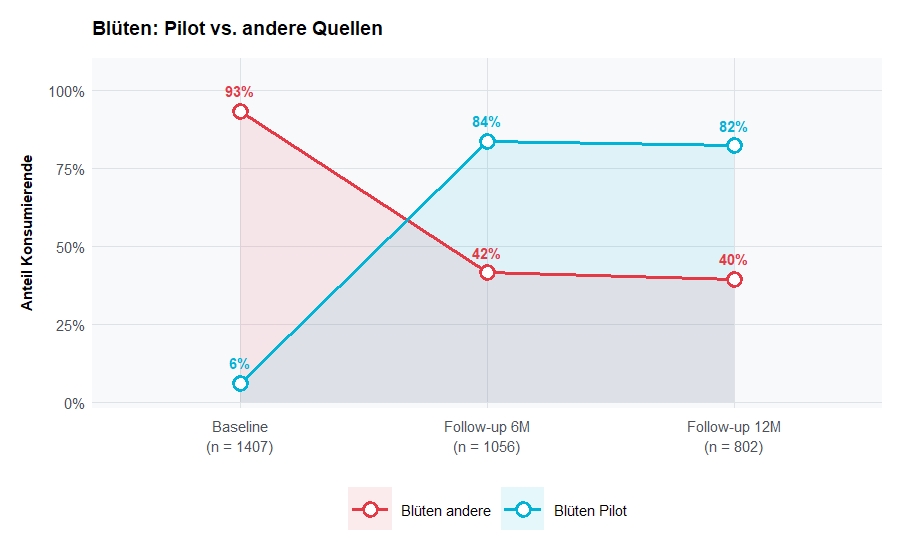
Professional Counseling as a Reliable Source of Information
Professional counseling in the specialty stores is also becoming increasingly important for participants. The trained sales staff – so-called “budtenders” – are viewed as a useful source of information on lower-risk cannabis use by a majority of participants. Many subjects report having adjusted their consumption behavior following counseling sessions, for example with regard to dosage, THC content, product choice, or method of consumption. “We see a clear link here between a regulated setting, counseling, and responsible consumption,” Schaub adds. “This central element is, of course, completely absent from the illegal market.”
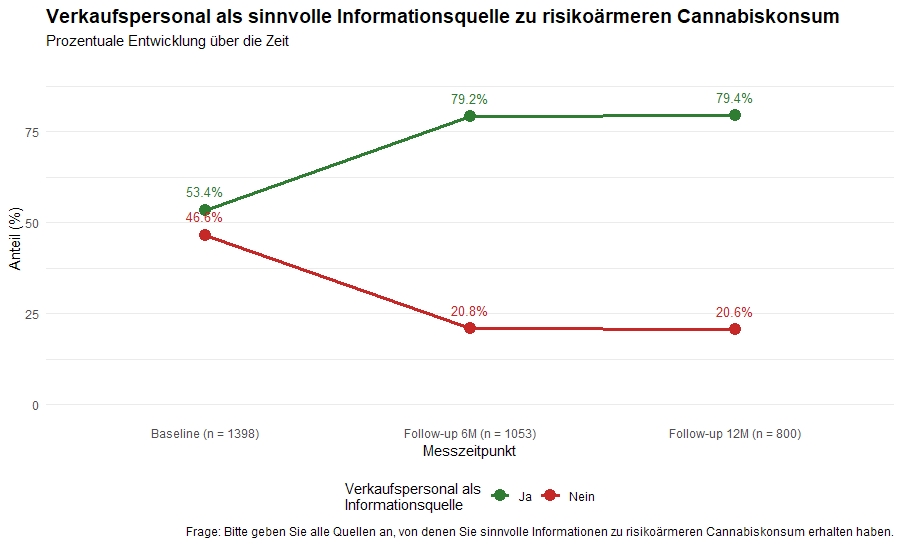
Safer Use: Harm-Reducing Accessories and Lower-Risk Consumption Methods
Changes in consumption behavior can also be observed in terms of harm reduction. Particularly striking is the increase in the use of activated charcoal filters, which can reduce health risks of smoking more effectively than conventional cigarette filters, paper, or cardboard. The growing spread of such “safer use” practices indicates that consumers in a legal framework are more receptive to health education and risk-reduction measures. Positive trends can also be observed with regard to consumption methods: over time, study participants are increasingly engaging with less harmful options such as edibles, drops, or vaporizers.
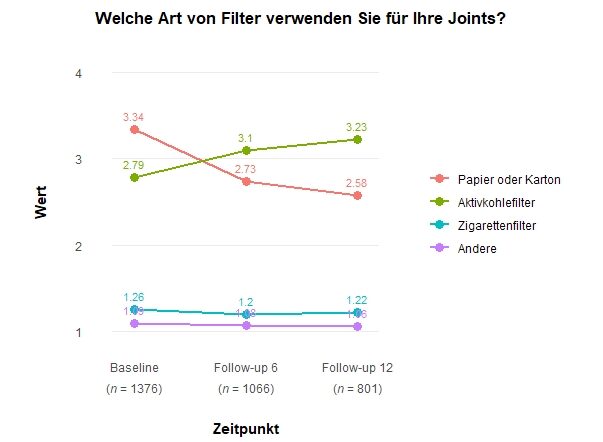
“Germany Is Taking the Opposite Path”
For Finn Hänsel, founder and CEO of Sanity Group, the results send a clear message to policymakers in both Switzerland and Germany: “While in Switzerland we can now see that regulated specialty stores can help strengthen health protection and effectively curb the illicit market, pilot projects in Germany – such as those proposed in Frankfurt am Main, Hanover, or Berlin – have recently been rejected. Germany is taking the opposite path and, in our view, the wrong one. Anyone who truly wants to achieve legalization goals such as comprehensive health protection and sustainable suppression of the illicit market must be willing to test them scientifically, rather than foregoing evidence for ideological reasons.”
Switzerland, by contrast, continues to consistently prioritize evidence generation. “Switzerland understands that sensible regulation has to be adaptive,” says Leonhard Friedrich, Managing Director of Sanity Group Switzerland. “Pilot projects like this provide the data basis for a realistic, responsible cannabis policy. After two years, we can draw an entirely positive interim assessment and remain in close dialogue with the authorities. It is encouraging that the evidence being generated here can make a meaningful contribution to legislation.”
In Germany, comparable evidence is still nowhere in sight, according to Finn Hänsel: “Without corresponding model projects, such important data and insights will continue to be lacking.”
+++
Source of figures (unaltered): Swiss Research Institute for Public Health and Addiction (ISGF)
About Sanity Group
Sanity Group aims to improve people’s quality of life through the use of cannabinoids and the utilization of the endocannabinoid system. The focus is on cannabinoid-based pharmaceuticals and consumer goods. To harness the full potential of cannabis, Sanity Group invests in research of the cannabis plant and its active ingredients as well as in specific areas of application. Sanity Group, founded in Berlin in 2018 by Finn Age Hänsel, includes Vayamed, avaay Medical and ZOIKS (medical cannabis), Endosane Pharmaceuticals (finished pharmaceuticals), vaay (lifestyle) and Grashaus Projects (recreational cannabis Swiss pilot project). Near Frankfurt am Main, Sanity Group also operates a logistics and production facility for cannabis pharmaceuticals. More information at sanitygroup.com/press.
Pressekontakt
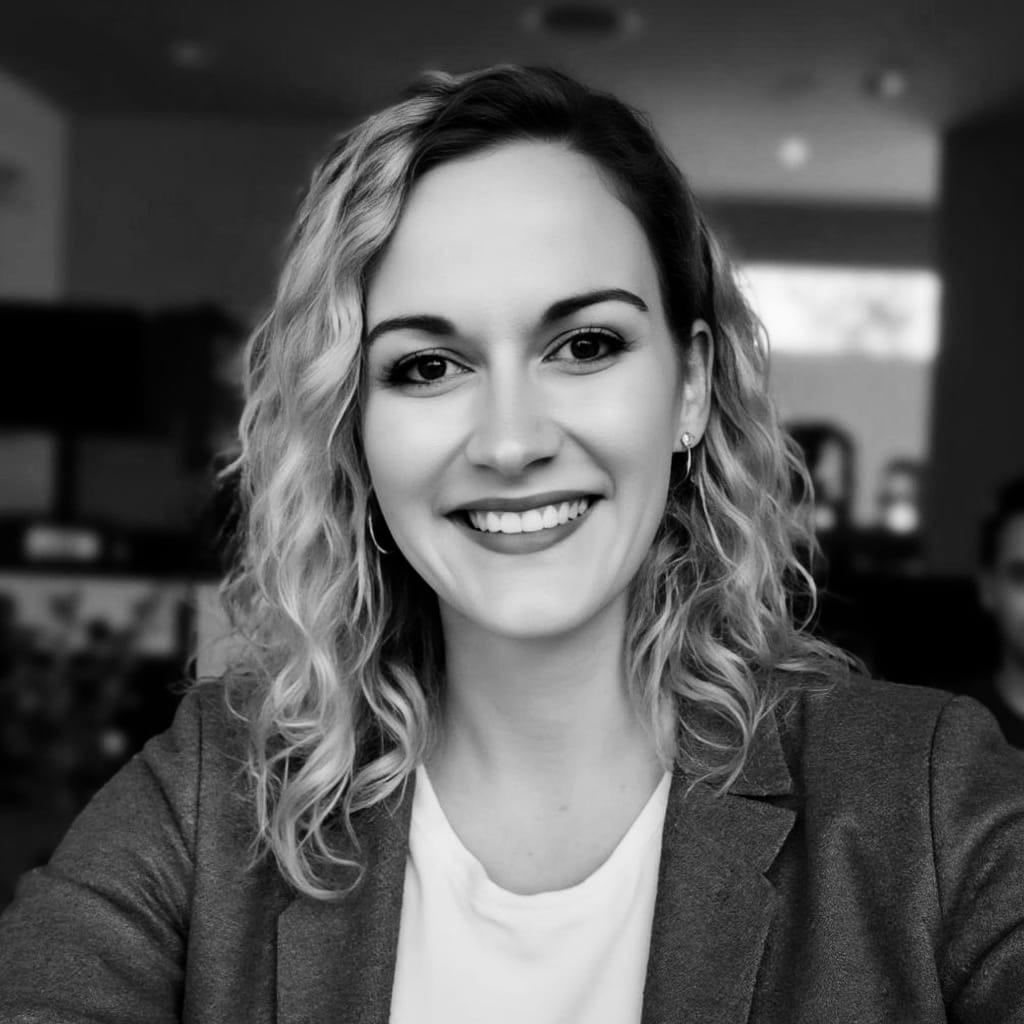
Jennifer Plankenbühler
Pressesprecherin | Lead Medical PR
E-Mail: jennifer.plankenbuhler@sanitygroup.com | presse@sanitygroup.com
Phone: +49 (0) 173 37 62 845

